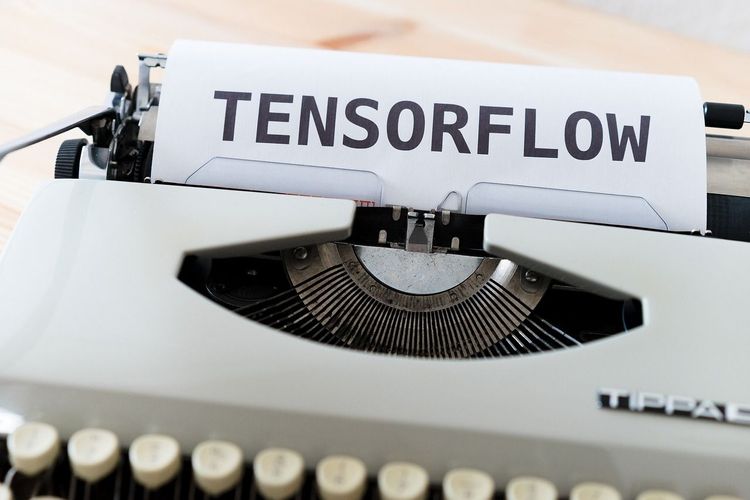In its ongoing commitment to enhance the robustness of its AI systems, OpenAI has launched the OpenAI Red Teaming Network. This contracted group of experts will play a crucial role in shaping the company's AI model risk assessments and mitigation strategies.
As AI technologies, especially generative models, gain mainstream traction, red teaming has become an essential part of the AI development process. It can identify biases in models like OpenAI’s DALL-E 2, known for perpetuating stereotypes related to race and gender. Additionally, it helps ensure that text-generating models like ChatGPT and GPT-4 adhere to safety protocols, mitigating the risk of unintended consequences.
OpenAI has previously collaborated with outside experts through initiatives like its bug bounty program and researcher access program. The establishment of the Red Teaming Network formalizes these collaborations, aimed at "deepening" and "broadening" cooperation with scientists, research institutions, and civil society organizations, as stated in a recent blog post.
“We view this initiative as a valuable addition to externally defined governance approaches, including third-party audits,” OpenAI explains. “Members of the network will leverage their expertise at various points in the model and product development lifecycle.”
Beyond the specific red teaming projects commissioned by OpenAI, members of the Red Teaming Network are encouraged to share insights and practices related to red teaming. Not every member will be involved with each new OpenAI model or product, and the commitment required may range from just a few hours to only 10 hours a year, determined collaboratively with each expert.
OpenAI seeks participants from diverse domains, including linguistics, biometrics, finance, and healthcare, and does not require prior experience with AI or language models for eligibility. However, candidates should be aware that opportunities may be contingent upon non-disclosure and confidentiality agreements that could affect other research endeavors.
“What we value most is your willingness to engage and contribute your perspective to our assessment of the impacts of AI systems,” OpenAI emphasizes. The organization invites applications from global experts, prioritizing both geographic and domain diversity in the selection process.
The crucial question remains: is red teaming sufficient? Some experts argue it is not enough.
In a recent article, Wired contributor Aviv Ovadya, affiliated with Harvard’s Berkman Klein Center and the Centre for the Governance of AI, advocates for “violet teaming.” This approach involves assessing potential harms posed by systems like GPT-4 to institutions or the public good, and subsequently developing tools utilizing those systems to protect these entities. Ovadya’s perspectives highlight that while this idea is prudent, there are minimal incentives for implementing violet teaming, especially when it comes to delaying AI releases for adequate assessment time.
For now, red teaming networks like OpenAI’s represent our best opportunity for responsible AI development and deployment.







